Windows on dementia
Talking about dementia mate wareware with politicians and academics keeps this important topic front and centre
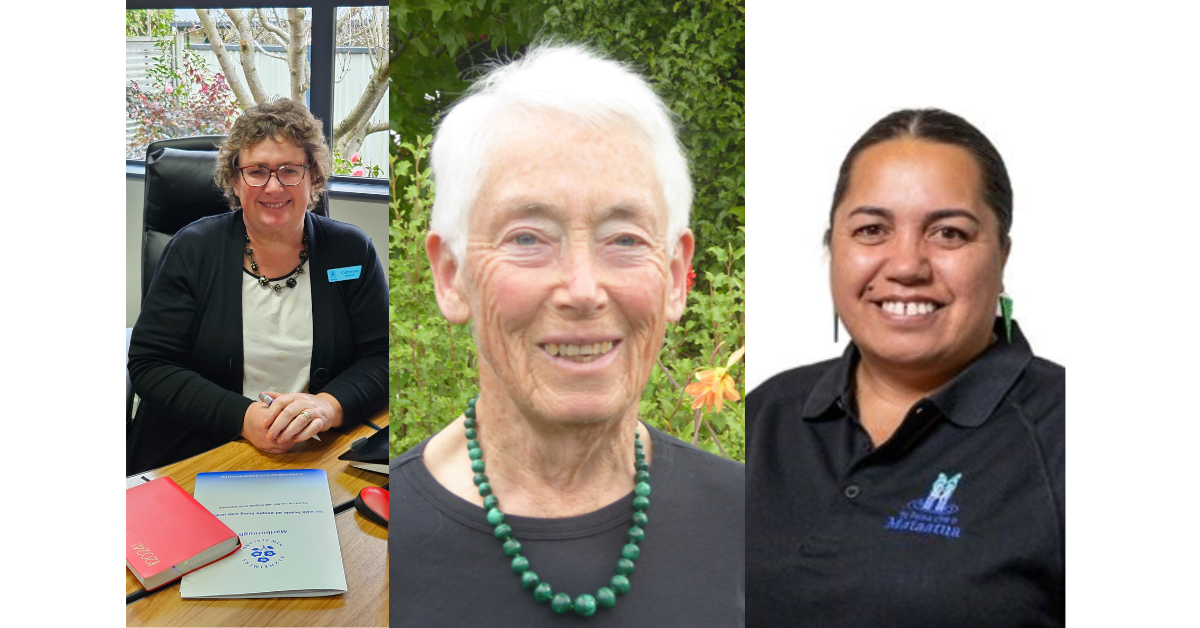
It is essential that we do this as, otherwise funding, support, and research advancements will slow down.
One of the ways we can do this is by bringing together the Health Minister, academics and people with lived experience of dementia together in a conference style event.
Last year we were delighted that all corners of our sector from people living with dementia mate wareware to researchers spoke their truth at the Alzheimers NZ one-day event Repositioning Dementia: What’s next?
This was the fourth and final one-day event in the series and questioned what’s next for the sector, from Government, for research, in education and most importantly, for people and their whānau living with dementia mate wareware.
The three topics of the event were the Dementia Mate Wareware Action Plan, human rights and the lived experience and research.
The latter are at the heart of the Action Plan which Alzheimers NZ has been urging Government to fully fund and implement for years.
Implementing the Action Plan will address the rapidly growing problem – and the health inequities – posed by our ageing population and the sharply increasing prevalence of dementia mate wareware.
The call from the sector at the event was clear – we need to do better. While ‘what’s next?’ remains a tough question to answer, our experts had some thoughts on what they would like to see change.
Please donate to our appeal today to help us continue to advocate for a fully funded and implemented Dementia Mate Action Plan, so we can finally fill the many gaps in dementia mate wareware care in Aotearoa New Zealand.
Thank you so very much for your amazing support.
-
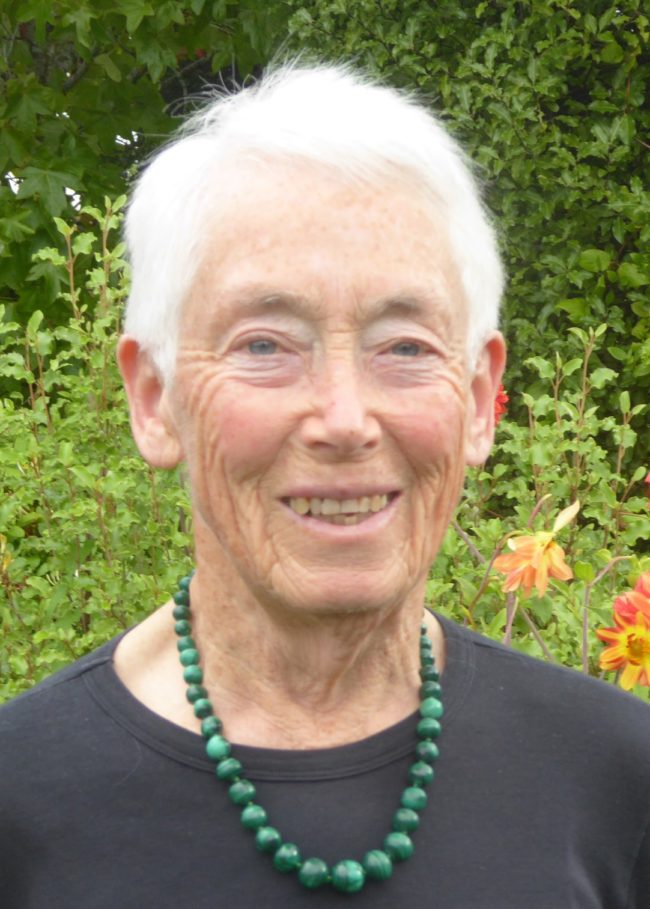
Elizabeth Duke
Alzheimers NZ Lived Experience Advisory Group
“You diminish me if you focus on where I have made slips or forgotten things. You value me if you recognise that I am managing my life, that I have capabilities of decision, and contributions to make. Perhaps not all my decisions are ideal, but are yours? Give me the right to be wrong. This doesn’t, of course, mean the right to harm others… A full life is both giving and receiving. I want to do both. I need to do both. I can do both.”
-
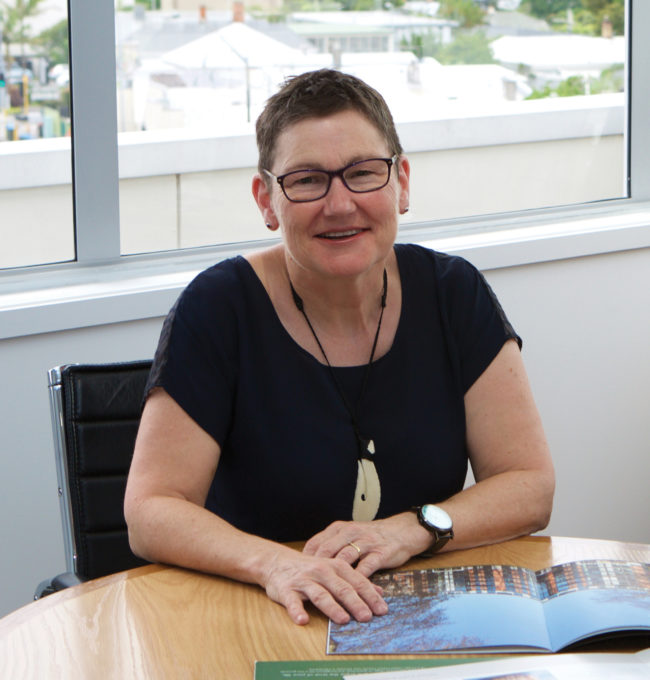
Dr Ngaire Kerse
University of Auckland
“We can all be thinking about how we can understand our own feelings, assumptions and ideas about dementia and how we can identify the actions of others that are driven by stigma – that’s an ‘all of us’ job. It’s no one piece of society or no one service that has to do this – it’s actually everybody. Challenge stereotypes, challenge prejudices and challenge discrimination.”
-
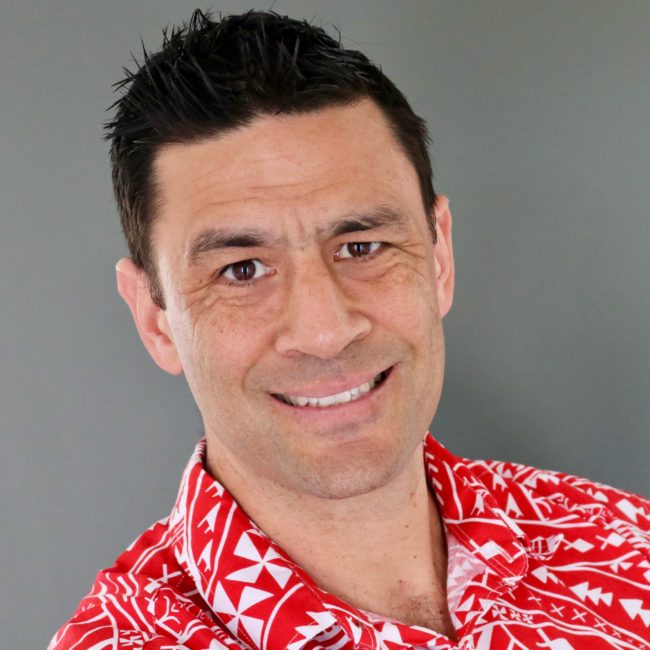
Dr Etu Ma’u
University of Auckland
“For Pacific People, this is what is looks like – we have 50 per cent higher prevalence, 50 per cent go undiagnosed, if you do get a diagnosis half of them are already at the moderate to severe stage, and even if you get offered services, you’re not using what’s on offer.”
-
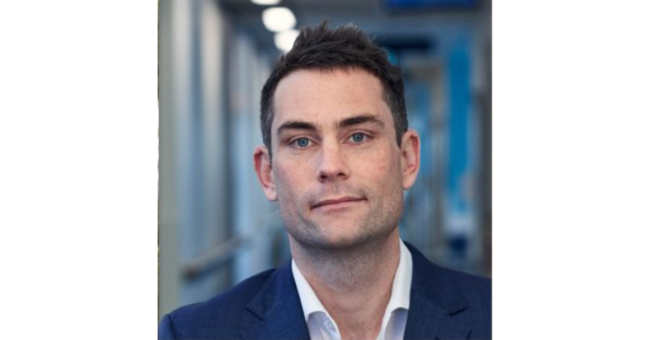
Dr Campbell Le Heron
Alzheimers NZ Fellow 2024
“There’s a palpable excitement in the Alzheimers research community at the moment. Some of that is around these therapies which seem to modify the course of the disease – if given at the appropriate stages – and as these start to emerge, they start catalysing more things. But there’s also so much more we need to do, both as a country and a society, in terms of how we diagnose and manage Alzheimers disease and other related degenerative conditions.”
-
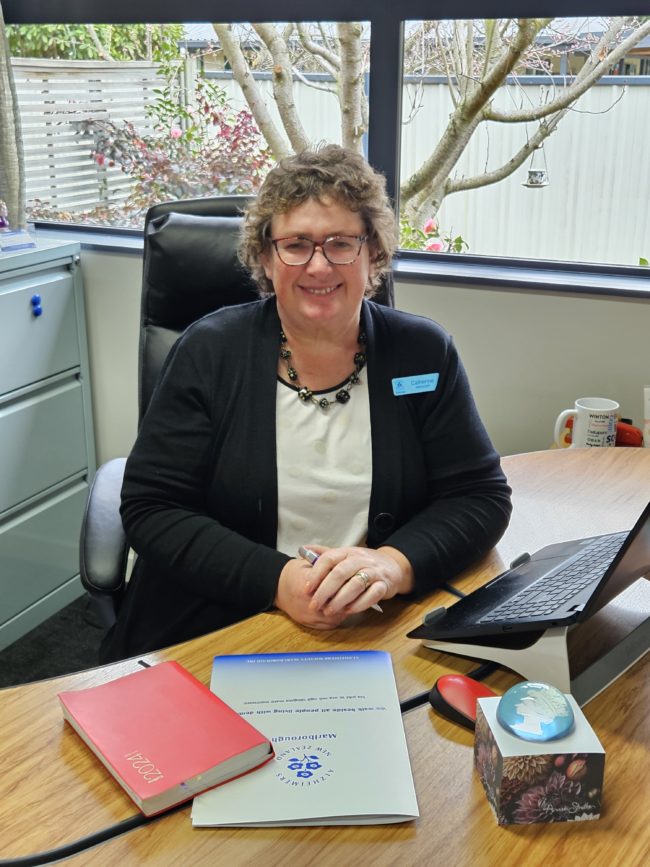
Catherine Donnelly
Manager, Alzheimers Marlborough
“Historical contracting has been a postcode lottery based on where you live geographically. The funding associate with that region will determine the services able to be provided to clients and their families. This means our services can be disjointed and inconsistent across the country and completely unfunded in many areas – and not just rural areas… At a recent meeting around possible funding cuts, a client in his nineties asked ‘would it help if I brought my jam sandwich?’ Not on my watch.”
-
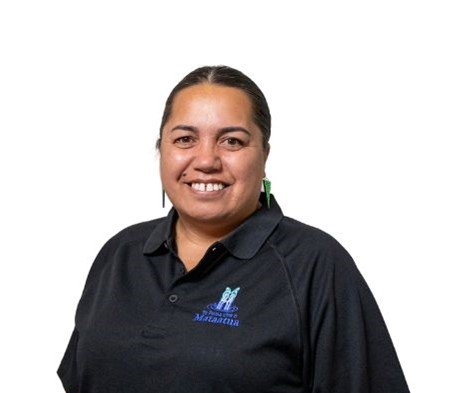
Peni Hillman
Home Based and ACC Director, Te Puna Ora o Mataatua
“The area that we live is largely made up of bush, so access is very remote and a rural location. It’s not farmland where there’s still plenty of people around, we’re looking at roads where you’re crossing creeks and sometimes there are no road signs. Clients that we access are living right up in the bush area. We’re looking at more programmes in the rural areas and looking at more educational promotional material.”
-
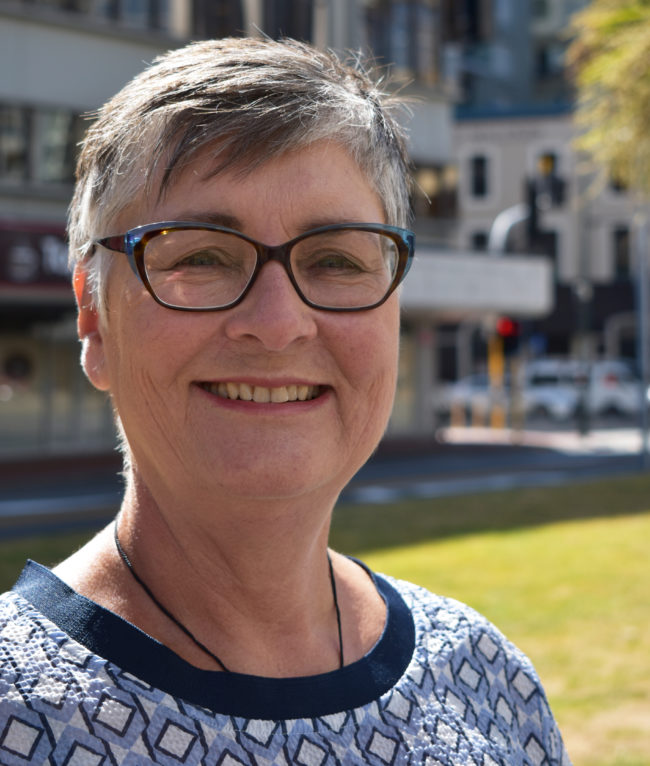
Catherine Hall
Chief Executive, Alzheimers NZ
“A very good use of Government money would be funding and implementing the Dementia Mate Wareware Action Plan, designing and implementing a properly integrated continuum of healthcare services for older people and providing fair funding for the struggling community-based dementia support services.”

